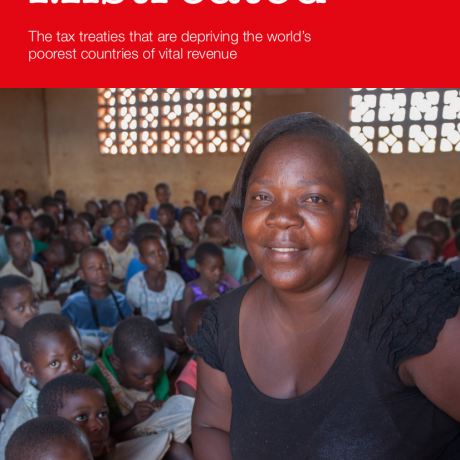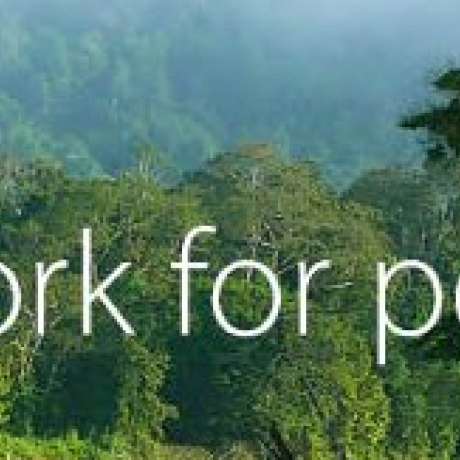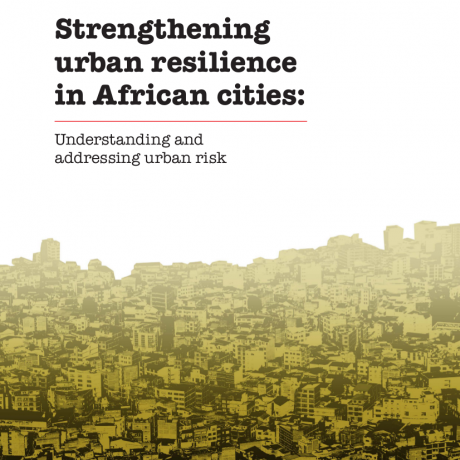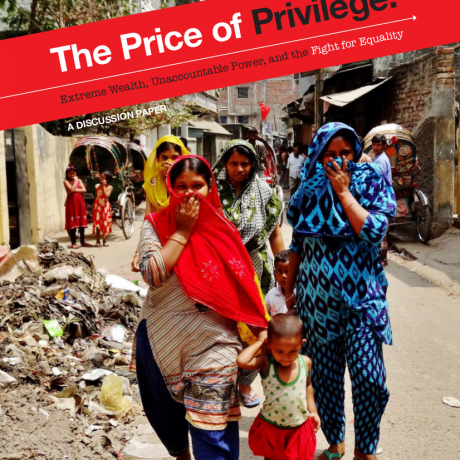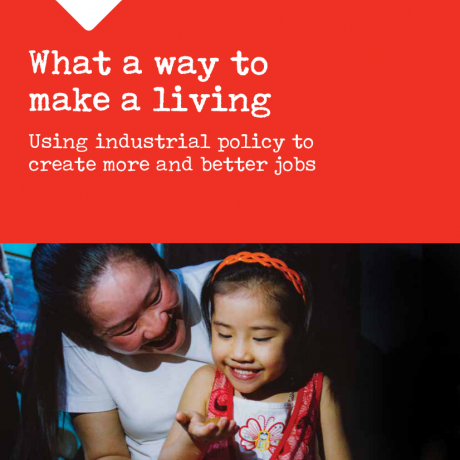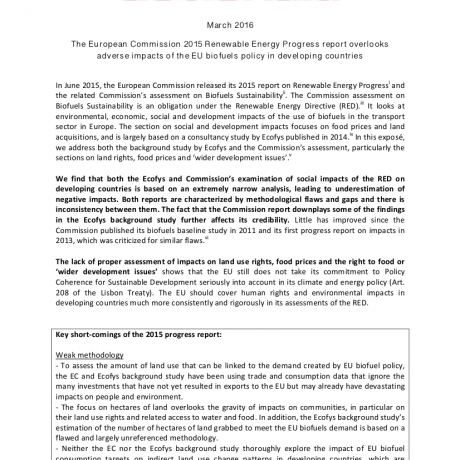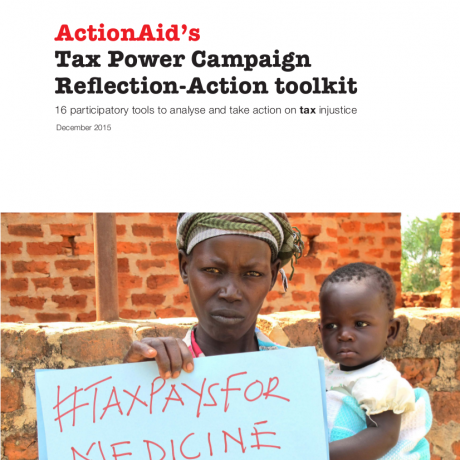Publications
Annual report 2015
This year women and men living in poverty continued to mobilise for their rights despite the volatile mix of disasters, militarism, conflict and economic displacement that left many of the world’s
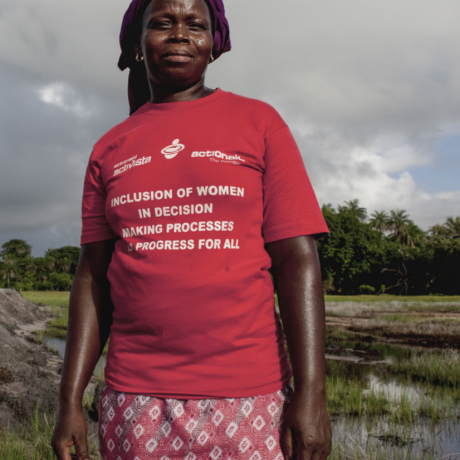
El Niño: The Silent Emergency
In April 2016, the United Nations Emergency Relief Coordinator, Stephen O’Brien, alerted governments gathered in Geneva that they collectively faced “an alarming funding gap of over $2.2 billion” to
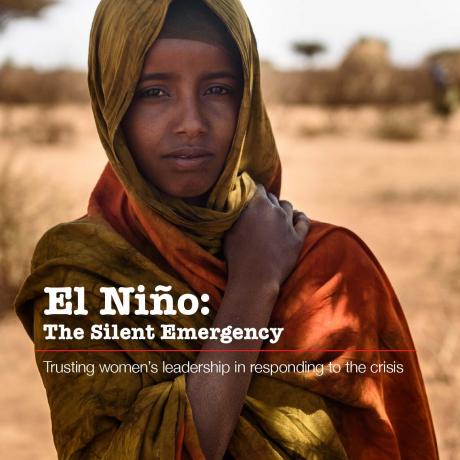
Why LULUCF cannot ensure that bioenergy reduces emissions
The European Commission is currently reviewing the sustainability of uses and sources of bioenergy for the period after 2020. The Commission will also propose a new policy on how to include the land
Still racing toward the bottom? Corporate tax incentives in East Africa
In 2012, ActionAid and Tax Justice Network Africa published a report containing estimates of how much revenue East African countries were losing by providing tax incentives.1 Tax incentives often
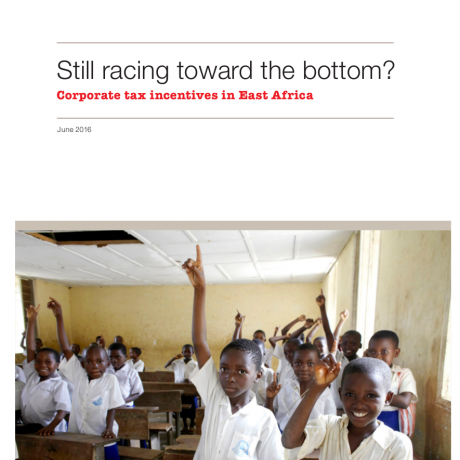
Strengthening urban resilience in African cities: Understanding and addressing urban risk
The population of Africa’s cities is growing rapidly. But as poor people cram into towns and cities characterised by limited, weak and often under-resourced infrastructure, they are increasingly
The Price of Privilege
Inequalities of all kinds are on the rise. This is happening despite the fact that the moral, political and economic justifications for such inequalities — whether between women and men, between Dalit
What a way to make a living: Using industrial policies to create more and better jobs
One in every three young people in the world is either unemployed or working yet living in poverty. Between 2010 and 2013, developing country economies grew almost twice as fast as the wages workers
Tax Power Campaign Reflection-Action toolkit
16 participatory tools for communities to analyse and take action on tax injustice#taxpaysfor our rightsWhen funds are missing for quality public services, it’s communities living in poverty
Mistreated
Women and girls in the world’s poorest countries need strong and effective public services such as schools and hospitals. To pay for this, these countries urgently need to collect more tax revenue.
